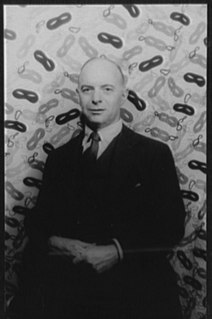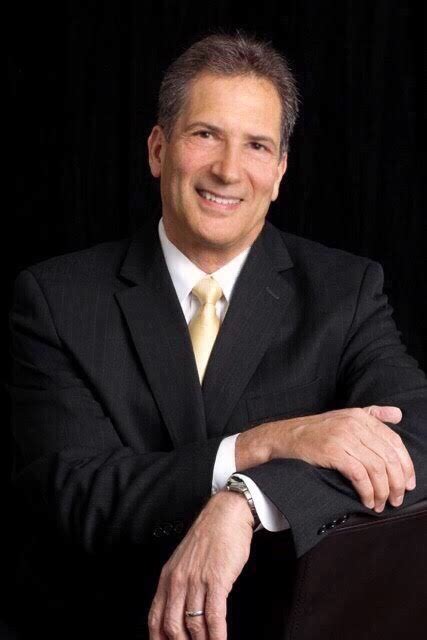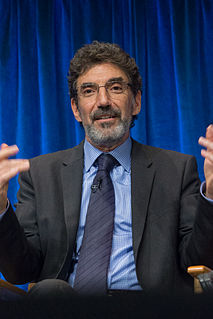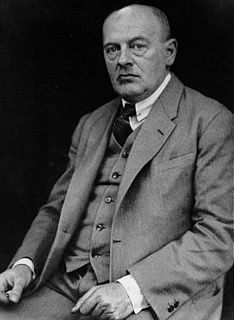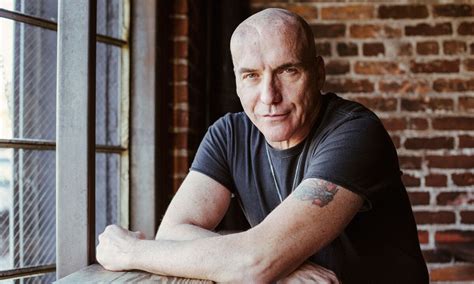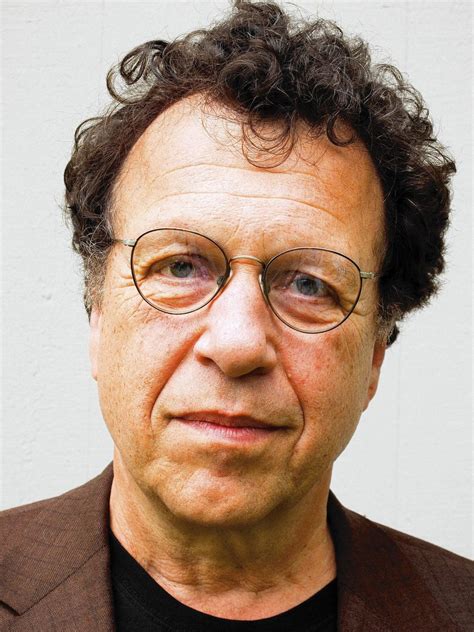Top 1200 Self-Delusion Quotes & Sayings - Page 2
Explore popular Self-Delusion quotes.
Last updated on December 18, 2024.
There's always an element of self delusion among people who believe they ought to be President. There's an underestimation of your opponent and an overestimation of your own abilities. This is compatible with being rich and powerful, the idea that we were blessed by God because we deserve to be blessed.
The characteristic human trait is not awareness but conformity, and the characteristic result is religious warfare. Other animals fight for territory or food; but, uniquely in the animal kingdom, human beings fight for their 'beliefs.' The reason is that beliefs guide behavior, which has evolutionary importance among human beings. But at a time when our behavior may well lead us to extinction, I see no reason to assume we have any awareness at all. We are stubborn, self-destructive conformists. Any other view of our species is just a self-congratulatory delusion.
Both in the lower and the middle classes the wiseacres urge young men 'to think it over' before taking the decisive step. Thus they foster the delusion that the choice of a wife or husband may be governed by a certain number of accurately weighable pros and cons. This is a crude delusion on the part of common sense.
There are certain ways you have to delude yourself. Self-delusion is important, for instance in family life. You know what I mean? If you're in love with your wife you have to go in there with blind faith. You have to support everything. And with your kids, you have to believe that you're doing something that has higher purpose; even though you don't have any evidence that that's the way it's going to turn out.
[C]lass consciousness is not one of our national diseases; we suffer, indeed, from its opposite-the delusion that class barriers are not real. That delusion reveals itself in many forms, some of them as beautiful as a glass eye. One is the Liberal doctrine that a prairie demagogue promoted to the United States Senate will instantly show all the sagacity of a Metternich ... another is the doctrine that a moronrun through a university and decorated with a Ph.D. will cease thereby to be a moron.
Writing takes gall. I like to think that's true even for writers with several books under their belt, writers who have been doing it for years. It takes something - guts, gumption, self-delusion - to ask for a reader's time when we all know there's nothing new under the sun; that it's all been said, or written, before.
Tell everything to your spiritual father, and the Lord will have mercy on you and you will escape delusion. But if you think that you know more about the spiritual life than your spiritual father, and you stop telling him everything about yourself in confession, then you will immediately be allowed to fall into some sort of delusion, in order that you may be corrected.
We live in a self-organizing and self-correcting universe. For every problem, there is a potentially miraculous solution. A closed heart deflects the miracle, while an open heart brings it forth....In every moment, we make a choice between the heavenly awareness of our connection to all living things, or the hell of the delusion that we are separate and alone. The mind will manufacture according to our choice; whichever we choose, we will seem to experience.
Much protective self-criticism stems from growing up around people who wouldn't or couldn't love you, and it's likely they still can't or won't. In general, however, the more you let go of the tedious delusion of your own unattractiveness, the easier it will be for others to connect with you, and the more accepted you'll feel.
I'm thinking of writing a children's story about a leaf on a tree who arrogantly insists he's a self-made, independent leaf. Then one day a fierce wind blows him off his branch and to the ground below. As his life slowly ebbs away, he looks up at the magnificent old tree that had been his home and realizes that he had never been on his own. His entire life he had been part of something bigger and more beautiful than anything he could have imagined. In a blinding flash, he awakens from the delusion of self. Then an arrogant, self-centered kid rakes him up and bags him.
First comes Self-confidence, that is the foundation. Then comes Self-satisfaction, it is like the wall. Next comes self-sacrifice, it is like the roof. Finally the house is complete and the Indweller is installed inside; that is Self-realization. It starts with Self-confidence and it ends with realizing the Self.
Dysfunctions can occur in each of the self-regulatory subfunctions-in how personal experiences are self-monitored and cognitively processed, in the evaluative self-standards that are adopted, and in the evaluative self-reactions to one's own behavior.. Problems at any one of these points can create self-dissatisfactions and dejection. dysfunctions in all aspects of the self system are most apt to produce the most chronic self-disparagement and despondency
The Universe is vast. Nothing is more curious than the self-satisfied dogmatism with which mankind at each period of its history cherishes the delusion of the finality of existing modes of knowledge. Skeptics and believers are alike. At this moment scientists and skeptics are the leading dogmatists. Advance in detail is admitted; fundamental novelty is barred. This dogmatic common sense is the death of philosophic adventure.
Perhaps the most extraordinary popular delusion about violence of the past quarter-century is that it is caused by low self-esteem. That theory has been endorsed by dozens of prominent experts, has inspired school programs designed to get kids to feel better about themselves, and in the late 1980s led the California legislature to form a Task Force to Promote Self-Esteem. Yet Baumeister has shown that the theory could not be more spectacularly, hilariously, achingly wrong. Violence is a problem not of too little self-esteem but of too much, particularly when it is unearned.
Men educate each other in reason by contact or collision, and keep each other sane by the very conflict of their separate hobbies. Society as a whole is the deadly enemy of the particular crotchet of each, and solitude is almost the only condition in which the acorn of conceit can grow to the oak of perfect self-delusion.
I have a theory about marriage, Monsieur Boustouler. And it’s that nearly always you will know within two weeks if it’s going to work. It’s astonishing how many people remain shackled for years, decades even, in a protracted and mutual state of self-delusion and false hope when in fact they had their answer in those first two weeks.
If the awareness of our limitations begins to limit or to dim our value consciousness as well—as happens, for instance, in old age with regard to the values of youth—then we have already started the movement of devaluation which will end with the defamation of the world and all its values. Only a timely act of resignation can deliver us from this tendency toward self-delusion.
I still partially suffer from the delusion that if you explain things logically and systematically, most people will abandon their emotional prejudices and respond to logic. But I don't suffer from that delusion as wholeheartedly as I did in the past. So if there's a fundamental difference, it's that I've accepted the fact that most imbeciles will never 'get' me and I shouldn't allow myself to get so upset about it.
It is weakness, says the Vedanta, which is the cause of all misery in this world. Weakness is the one cause of suffering. We become miserable because we are weak. We lie, steal, kill and commit other crimes, because we are weak. We die because we are weak. Where there is nothing to weaken us, there is no death nor sorrow. We are miserable through delusion. Give up the delusion and the whole thing vanishes.
Danger is a good teacher, and makes apt scholars. So are disgrace, defeat, exposure to immediate scorn and laughter. There is no opportunity in such cases for self-delusion, no idling time away, no being off your guard (or you must take the consequences) - neither is there any room for humour or caprice or prejudice.









